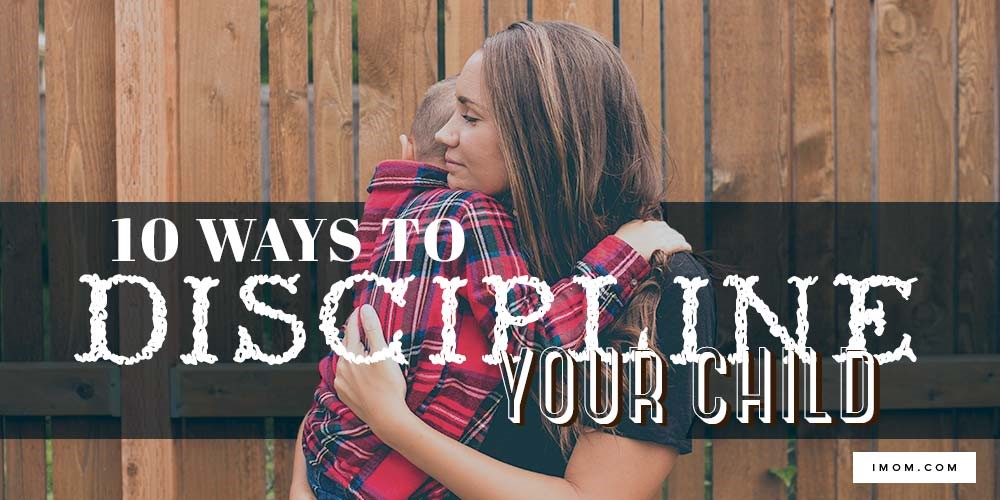“Mom,” George whined. “I wanna watch TV. I’m tired.” His mom picked up the remote and shut off the show. “I already said no.” As she turned to leave, 11-year-old George muttered, “I hate you. You’re mean.” Later, his dad found George sitting on his bed, eating chips. “George, clean up the crumbs and take those chips downstairs.” George rolled his eyes as he stuffed another handful of chips into his mouth. “Whatever,” he muttered, opening a book. His dad paused outside his room, but when George didn’t come out with the chips, he went back inside. “George, you need to do as you’re told.” His son glanced up, swallowed, and said, “I’m almost done.”
George’s parents felt frustrated with their son because nothing seemed to work. But his parents shouldn’t get stuck on the issues like the TV or chips. Rather they should focus on George’s tone of voice, sarcasm, and poor choice of words. That’s what we need to do if we want respectful kids. Focus on how your child treats you instead of getting sidetracked by the incident at hand. Overwhelmed by how to do that? Here’s how to encourage respectful kids broken down into 5 steps.
1. Understand the problem.
Kayla’s dad, Steve, was hurt that his teenage daughter was disrespectful to him in front of her friends. He’d seen the same sarcasm and unkindness when they were alone, but it was particularly disturbing in front of others. Steve knew that although the “public” routine matched the “private” routine, the embarrassment was greater with an audience.
2. Come up with a plan.
Steve didn’t want to just look good in public, however, so he began to change the way he and his daughter related in private. When Steve sensed that Kayla was being rude, sarcastic, or unkind in their discussions, he’d stop the dialogue—“That wasn’t kind,” he’d say, or “You don’t have to treat me unkindly because we disagree.”
3. Have a Plan B.
In some situations, the comment was enough for his daughter to snap back into healthier dialogue. On a couple of occasions, though, Kayla was particularly snippy and refused to back down. Steve required a break from the dialogue to settle down and even told his daughter that she needed to stay off the computer and out of her bedroom until she was willing to talk to him about the problem in a mature way.
4. Act confidently but calmly.
After working on the relating pattern for a few weeks, Steve found himself again as the victim of Kayla’s disrespect in front of her friends, but this time he was ready. Steve called Kayla out of the group into the other room and confronted her. She received the correction in part because of the work that he’d done the preceding weeks, and she knew he was serious about the change.
5. Be patient.
Patterns take time to adjust and often require that parents focus on relational routines. The next time you’re frustrated with the interaction you see from your child, stop and consider whether it’s a pattern. If so, try to figure out what triggers tend to get it started. Next, identify some new ways of relating. Then practice them over and over again until they become a new habit. Remember that children are works in progress, too.
Do you think these ideas will help you get your children to be more respectful? Are you patient with your kids when they’re disrespectful or do you blow up?
Based on Dr. Scott Turansky and Joanne Miller’s book The Christian Parenting Handbook.










